It's quite simple: I have
- a datadog-dashbaord
- a template-variable named
env, which can have following values['prod', 'test']
And I want to display metrics based on the env:
from-resource fortestisunified-importer-test-sqsimportdlq11419573-xl6dn7o5wqtjfrom-resource forprodisunified-importer-prod-sqsimportdlq11419573-prmohksrvxxg
So naturally I'd use following syntax:
unified-importer-$env.value-sqsimportdlq*
But this does not display anything, nor shows it any error.
This, however, works as expected: unified-importer-test-sqsimportdlq* (or unified-importer-prod-sqsimportdlq* respectively).
It looks like asterisk in combination with wildcards is not working.
Additionally, DD seems to dislike using two asterisks (as prefix and suffix):

How can I leverage the template-var env easily in this situation?
